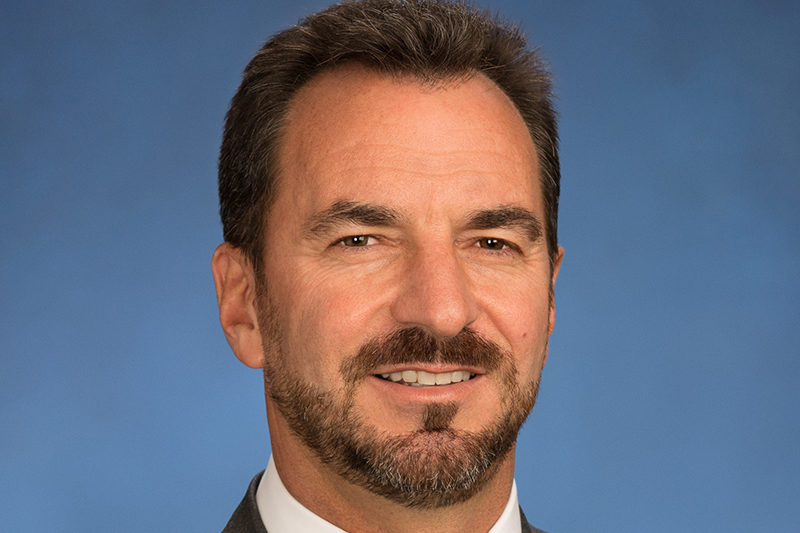Colin Coleman, the former chief executive officer of Sub-Saharan Africa for Goldman Sachs, and former head of the firm’s Johannesburg office, has been named a Senior Fellow and Lecturer at the Jackson Institute for Global Affairs effective January 2020 for the coming calendar year.
Coleman departs Goldman Sachs following a two-decade career at the investment bank and financial services firm and 25 years in banking. He was named a partner of Goldman Sachs in 2010. He is a widely regarded expert on the economic development challenges and opportunities across the African continent. Coleman has deep business and political relationships in Africa, and a rich track record and history of deal-making on the continent.
Prior to his career in banking, Coleman was involved in South Africa’s anti-apartheid movement during the 1980’s and later its constitutional transition. From 1989 to 1994, Colin was an executive director for the Consultative Business Movement (CBM), where he served in working groups of the multi-party talks, facilitated the International Mediation Forum, and helped to negotiate the agreement to facilitate all parties’ participation in South Africa’s 1994 elections.
In 2013, Coleman authored “Two Decades of Freedom” a Goldman Sachs report on South Africa’s progress since 1994. He has been a member of the boards of Business Leadership South Africa, The National Business Initiative and he is currently Co-Chairman of the Youth Employment Service (“YES”), a public private partnership which aims to place one million young South Africans as interns in South African businesses.
At Yale, Coleman will teach a graduate-level course on “Africa: Doing Business in the Last Frontier of Global Growth” in the spring 2020 semester. He will split his time between the United States and South Africa.
Each year the Jackson Institute brings in a number of outstanding practitioners and experts in global affairs as Jackson Institute Senior Fellows. The Senior Fellows— leading practitioners in government, business, international organizations, the NGO community and other global affairs fields—teach courses, consult with students about career ambitions, enliven the conversation on campus, and conduct research emanating from their experiences.
